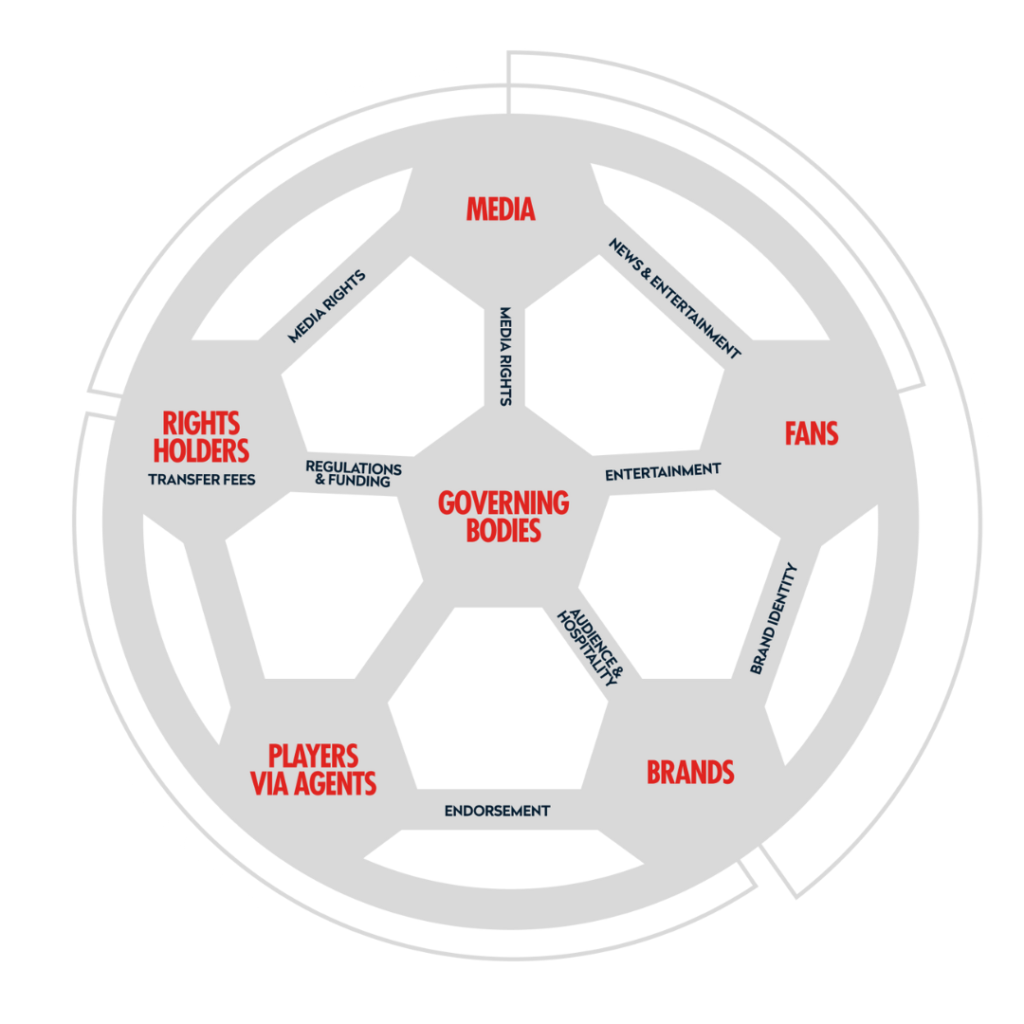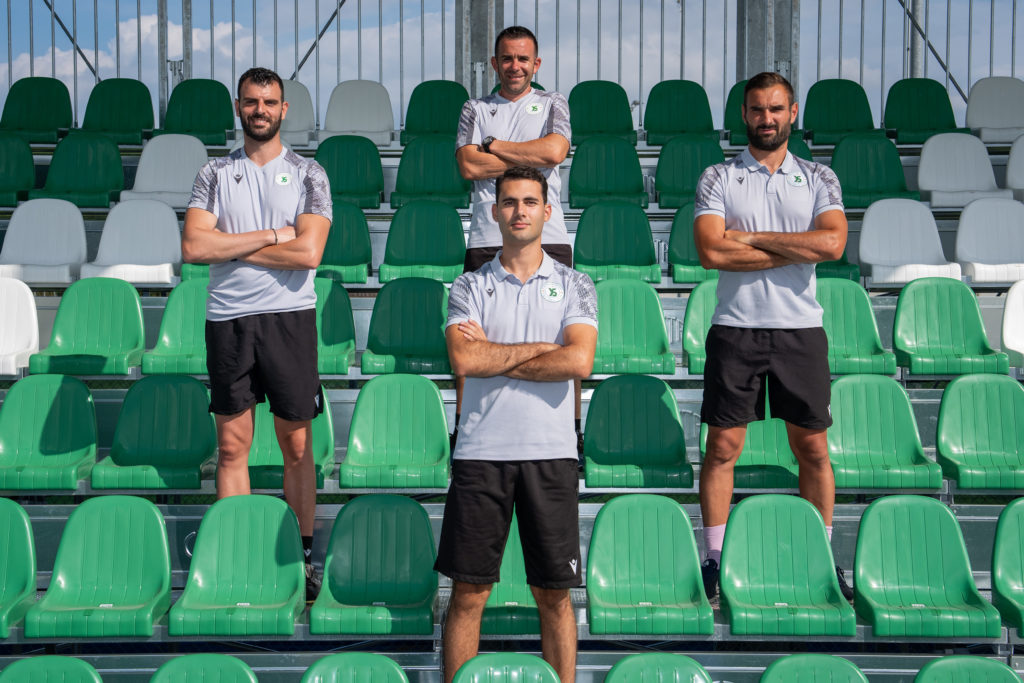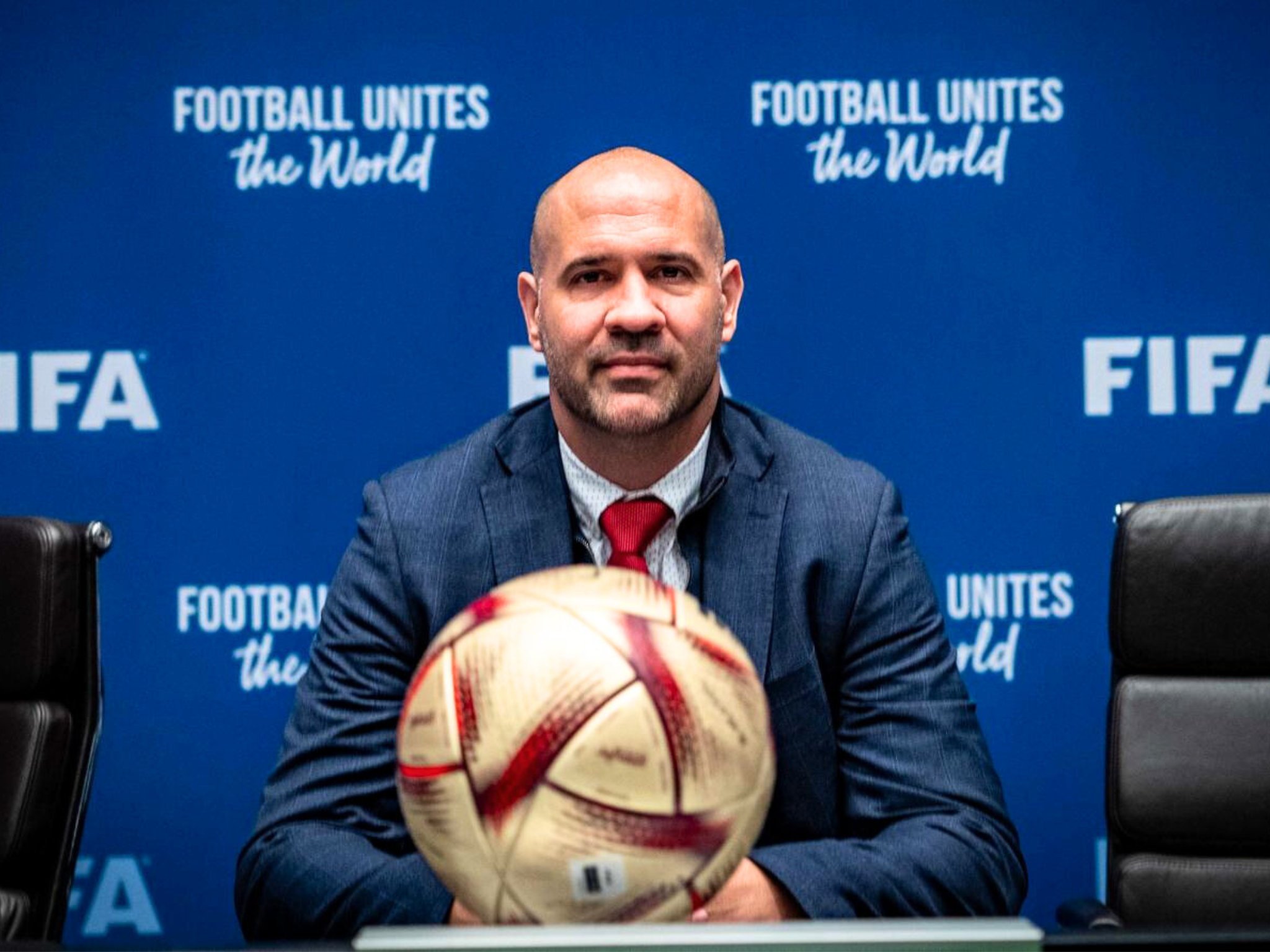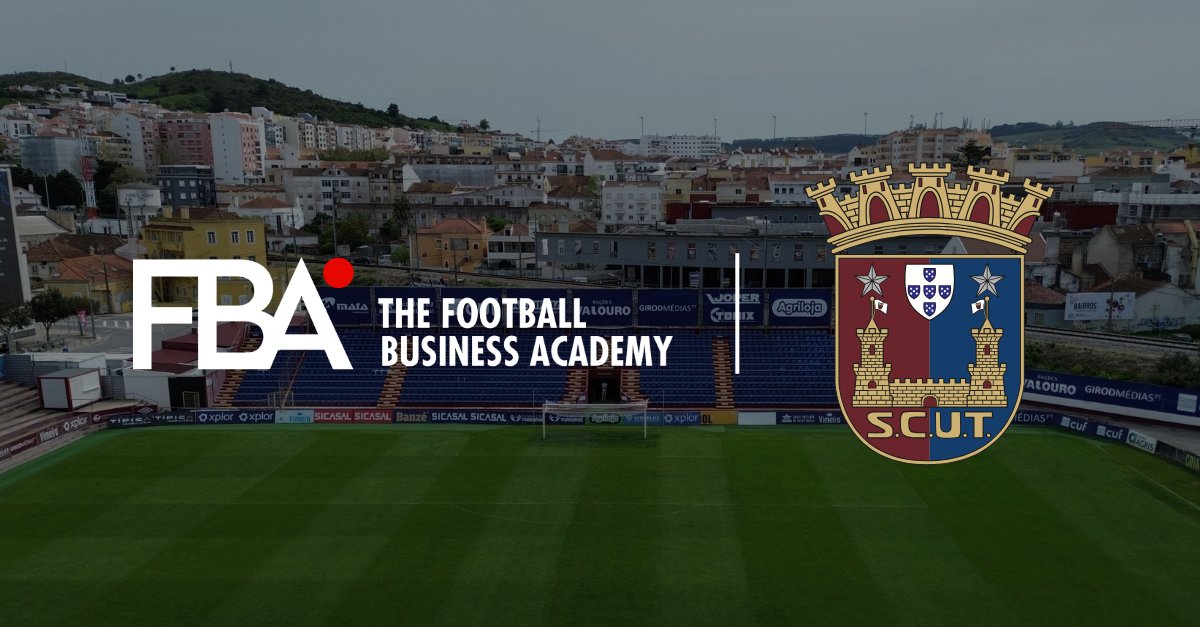Master’s in Sports Management or Football Business: Which is Right for You?

As the sports industry continues to grow, with new opportunities and challenges emerging across sectors, many professionals and aspiring students face a pivotal decision: whether to pursue a Master’s in Sports Management, which covers a broad range of industry areas, or a Master’s in Football Business, which hones in on football’s specific requirements, nuances, and opportunities.
The Sports Management Landscape
Understanding the Core Focus of Each Program
- Master in Sports Management: These programs typically cover a wide range of topics, including event management, ownership models, marketing, sponsorship, finance, facility management, and ethics, aiming to produce versatile professionals capable of working across various sports sectors.
- Master in Football Business: Programs like The FBA’s Master in Football Business focus exclusively on football, covering specialized areas such as club management, talent development, scouting, fan engagement, digital transformation, and governance. This tailored approach prepares graduates for specific roles within the football ecosystem.

Football Business: A Growing, Specialized Sector
Football’s unique ecosystem is shaped by its global appeal, intense fan engagement, and evolving business landscape. Unlike other sports, football’s cultural impact transcends borders, drawing millions of passionate fans and generating significant revenue through media rights, sponsorships, and merchandise. Recently, the industry has adopted valuable strategies from other sports, sparking innovations in club management, player performance, and fan interaction. As a result, football is positioned for sustained growth, with clubs and organizations embracing new insights to enhance operational efficiency, expand global reach, and attract the next generation of fans. This continued development signals a promising future for both traditional stakeholders and new professionals.
The football industry has a high demand for professionals who understand both general sports management principles and football’s strategic and operational intricacies. Football-focused careers often require specialized knowledge in areas like club governance, talent development, matchday operations, and fan engagement. This need for specialized expertise has spurred the creation of programs and certifications exclusively centered on football business, equipping professionals with the targeted skills and insights needed to thrive in this dynamic field.
Career Opportunities: Generalist vs. Specialist

A Master’s in Sports Management can provide flexibility, allowing graduates to work in multiple sports. Roles in marketing, sponsorship, and operations are common career paths. However, students interested specifically in football may find a specialized qualification better suited to their ambitions.
For those who aspire to work directly in the football industry, a Master in Football Business is ideal. The FBA’s Master in Football Business offers a curriculum shaped by industry experts and former players, focusing on the business of football and its unique challenges.
Career and Industry Exposure
A Master in Sports Management is valuable for students exploring diverse sectors; however, its broad focus may lead to less emphasis on specific sports like football. Dedicated programs can provide specialized internships, connections, and partnerships with top football clubs, agencies, and organizations. For those already intent on a football career, a specialized program offers networking opportunities within influential circles, from professors to guest lecturers—many of whom are industry leaders and decision-makers within the football ecosystem. It’s not uncommon for FBA alumni to secure roles alongside FBA professors who recognize their talent during the one-year program. Football-focused programs like The FBA’s connect students directly with industry professionals and mentors, building valuable, targeted relationships.

Hands-On Learning: Internships and Real-World Projects
The FBA is known for its industry-driven approach, integrating projects and real-world assignments from football stakeholders. Through hands-on experience at clubs, federations, and agencies, graduates acquire practical knowledge that often proves invaluable in securing roles post-graduation.
Global and Cultural Perspective
A Master in Sports Management is valuable for students exploring diverse sectors; however, its broad focus may lead to less emphasis on specific sports like football. Dedicated programs can provide specialized internships, connections, and partnerships with top football clubs, agencies, and organizations. For those already intent on a football career, a specialized program offers networking opportunities within influential circles, from professors to guest lecturers—many of whom are industry leaders and decision-makers within the football ecosystem. It’s not uncommon for FBA alumni to secure roles alongside FBA professors who recognize their talent during the one-year program. Football-focused programs like The FBA’s connect students directly with industry professionals and mentors, building valuable, targeted relationships.

Alumni Success Stories: Where Can Each Path Lead?
Life is full of career crossroads, and for many, an advanced degree provides a unique chance to redefine professional paths. At The FBA, we see stories from “career switchers”—bold alumni from diverse countries and industries eager to transition into football business. Take Krishna Daryanani, an FBA Alumnus who, in 2017, was a top performer in a field he didn’t feel passionate about. Despite football’s limited popularity in India, he made a courageous switch, securing an internship in a Madrid-based sports agency. Today, he’s a Global Partnerships Manager at Arowana Sports, helping facilitate deals for clubs like Olympique de Marseille.
How to Decide: Key Considerations
Here are some final factors to consider when choosing between a Master in Sports Management and a Master in Football Business:
- Your Career Goals: If your aspirations are specifically in football, a specialized program will better equip you with the necessary skills and contacts.
- Networking Opportunities: Programs that connect you with football industry professionals can serve as a fast-track into this competitive sector.
- Alumni Network and Support: A strong alumni network within football, such as The FBA’s, can offer tailored advice, mentorship, and career support.
Deciding between a Master in Sports Management and a Master in Football Business ultimately depends on your career aspirations, specialization needs, and the network you wish to build. If you’re committed to a career specifically in the football industry, a Master in Football Business, like The FBA’s program, offers specialized knowledge and networking opportunities within football. This focused path prepares you for roles unique to football, from club management and fan engagement to governance and talent development, making it the better choice for those passionate about football and aiming to build a career within this sport.




